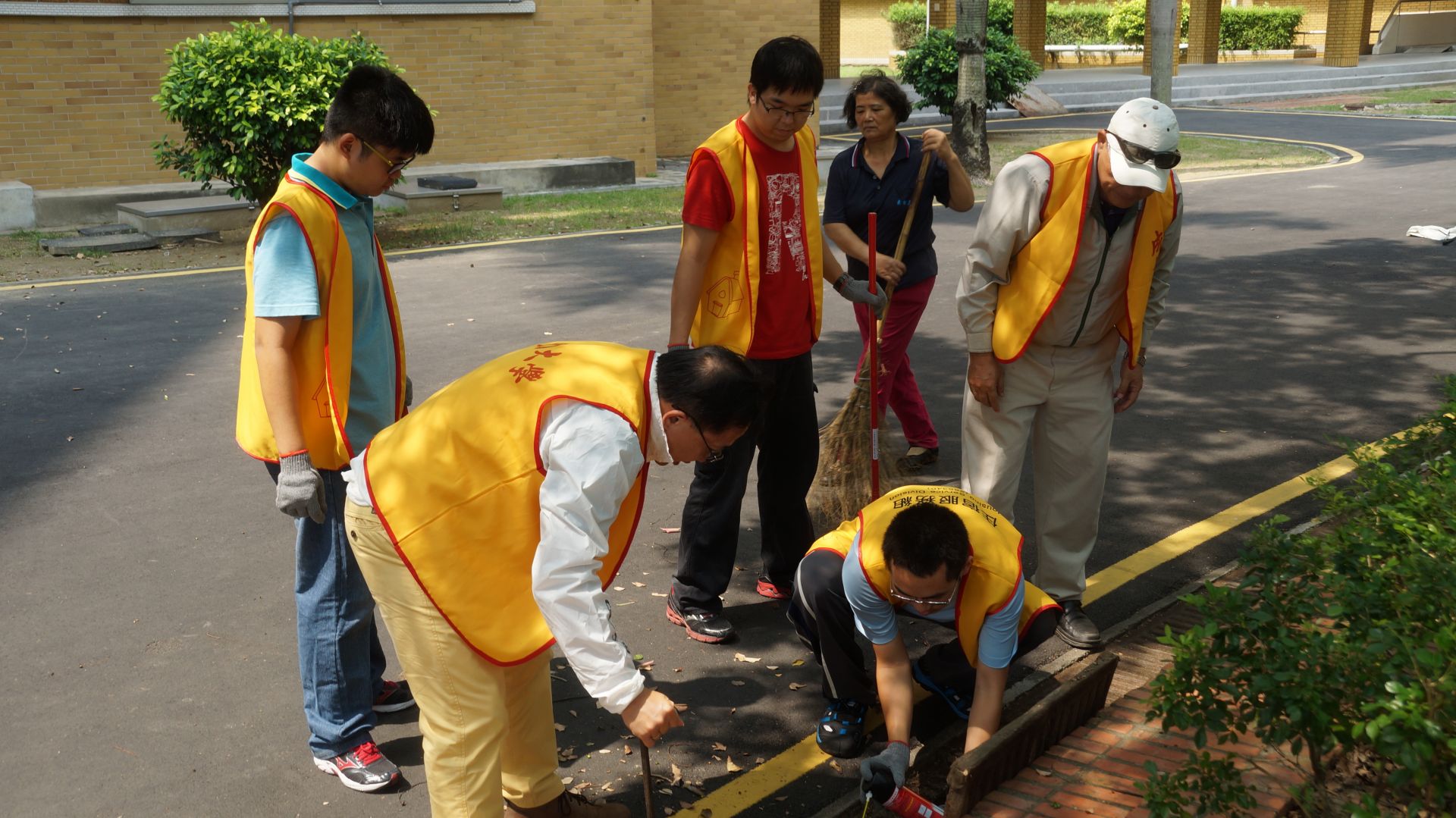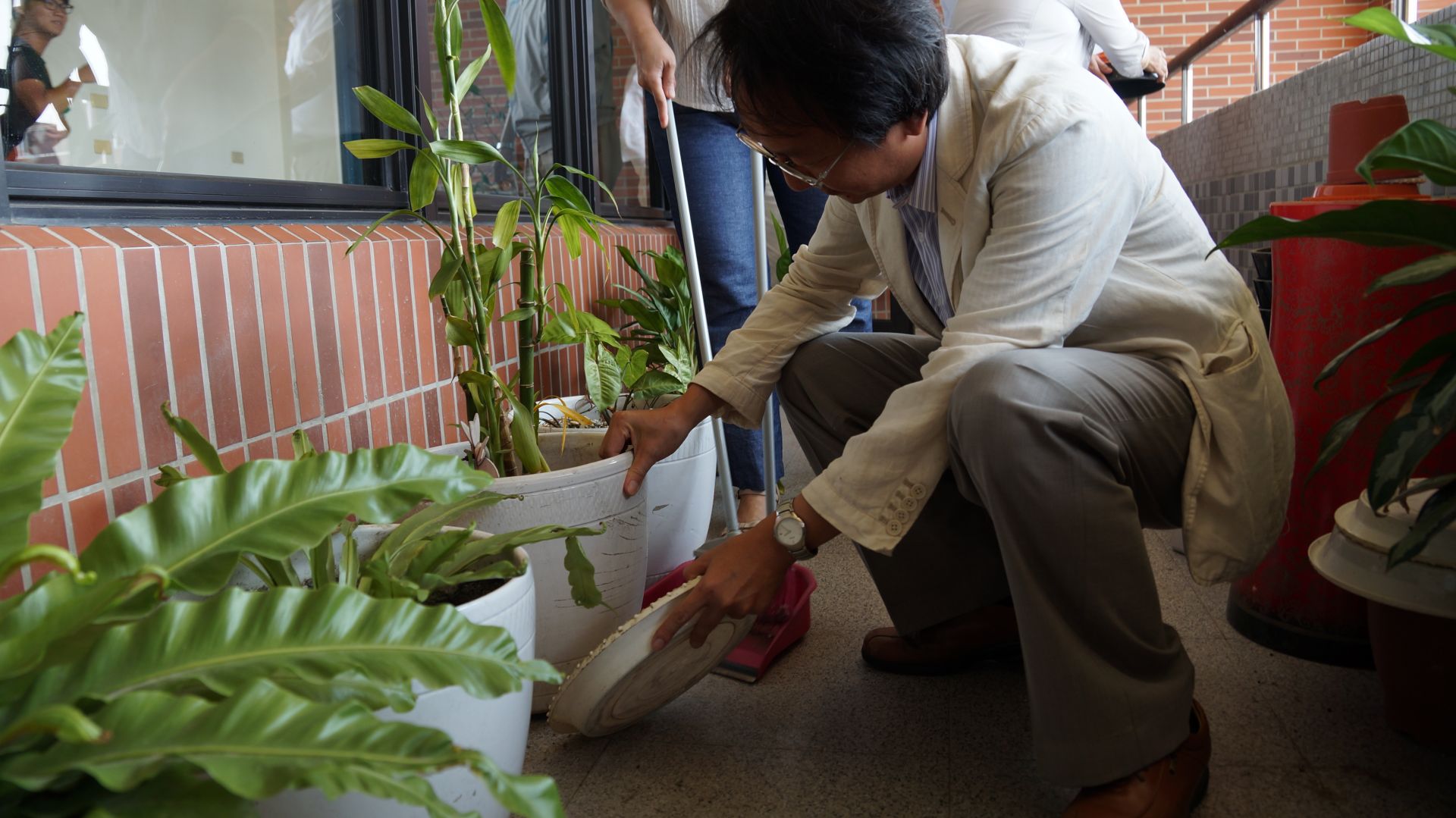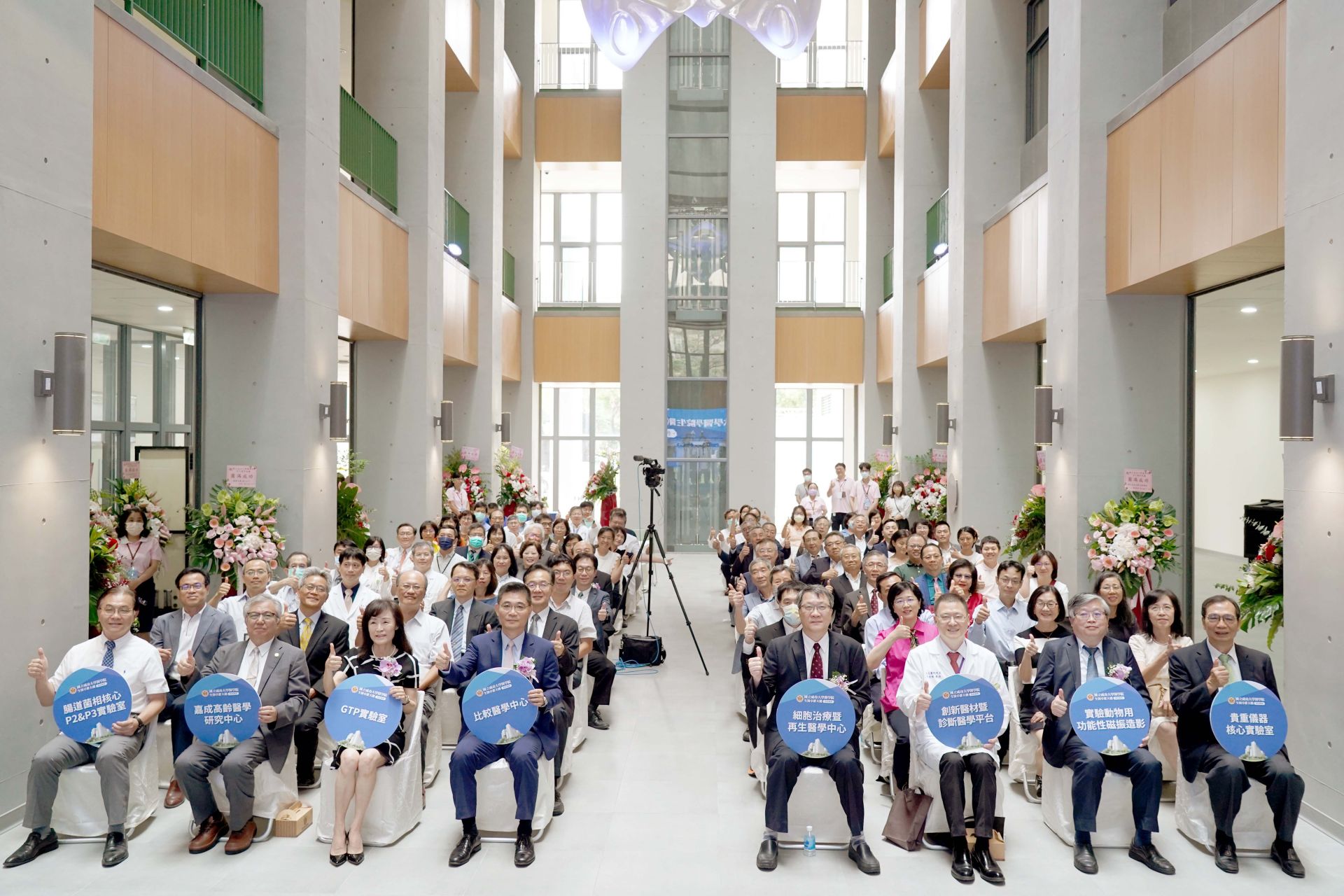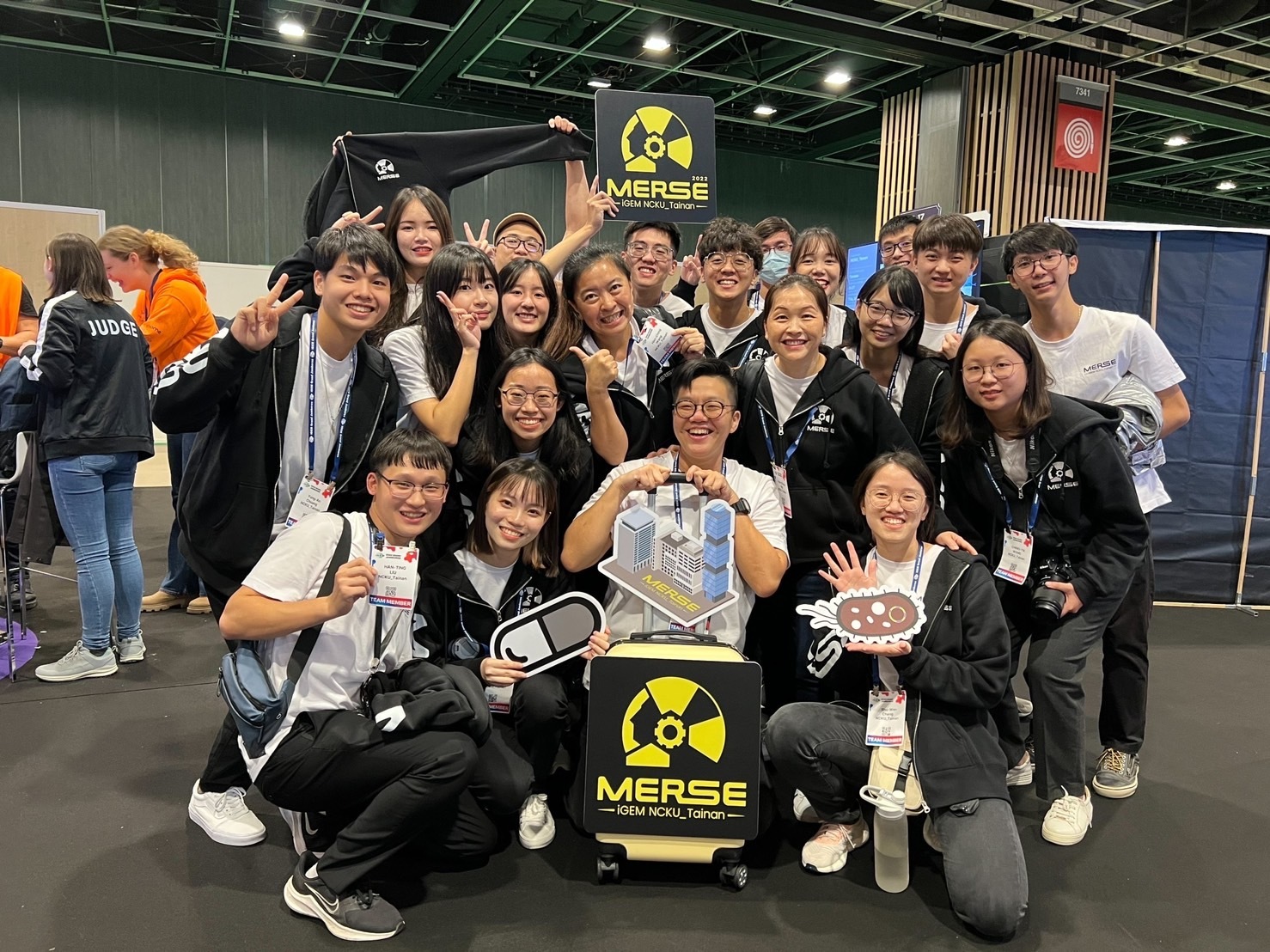SDG3
Campus-wide Participation in Epidemic Prevention: NCKU Holds Dengue Fever Prevention and Control Meeting.
The Tainan City Government Dengue Fever Prevention and Control Center statistics indicate that as of July 3rd, there have been 163 locally transmitted cases of dengue fever in the Tainan area, with newly added cases on the same day being associated with high-risk areas such as Rende District and East District. National Cheng Kung University (NCKU) convened a dengue fever prevention and control meeting on the afternoon of July 3rd to address the current dengue fever situation in Taiwan. Recommendations included strengthening environmental cleanliness across all units, monitoring personal and surrounding health conditions, and emphasizing the campus-wide goal of environmental care to mitigate the spread of dengue fever. It was stressed that regular efforts are crucial in preventing its escalation. All units were urged to thoroughly inspect breeding sources, reduce the positivity rate of containers, and comprehensively eliminate dengue fever risk factors to enhance prevention and control capabilities.
The head of the NCKU Dengue Fever Epidemic Command Center and Director-General of General Affairs, Jian-Hong Wu, noted the geographical proximity between Tainan's dengue fever hotspots and NCKU. Recognizing the cyclic nature of dengue fever outbreaks, he emphasized the need for collective efforts to overcome the current threat. Units were urged to promptly check for blockages in drainage systems and roofs in their respective areas. Any issues found in campus public environments were advised to be documented and reported for immediate action by the General Affairs Office.
As dengue fever cases continue to rise in southern Taiwan, the National Mosquito-Borne Diseases Control Research Center National Health Research Institutes (NMBDCRC) found that the chemical agents used in this outbreak are effective against mosquito vectors without showing signs of resistance. Jung-Chieh Chen, a secretary in the NCKU General Affairs Office, stated that the application of chemical agents requires special licenses. The General Affairs Office will schedule campus spraying operations before the start of the new semester, urging all departments to cooperate in the process to ensure comprehensive mosquito eradication.
Ming-Chi Li, head of the Health Care Unit at the NCKU Center for Occupational Safety and Environmental Protection, highlighted the periodic nature of dengue fever outbreaks based on observations from 2019 to 2023. The current year (2023) has seen a higher number of local cases compared to 2019. As diagnosing dengue fever early poses challenges, Li advised individuals experiencing prolonged fever, alongside COVID-19 testing, to consider dengue fever as a possibility.
In addition to emphasizing environmental cleanliness, NCKU's dengue fever prevention and control efforts include educating the next generation through service-learning courses and utilizing smart campus technologies to monitor real-time data. Since 2019, 33 ovitraps have been deployed across eight campuses in Tainan for regular monitoring of mosquito oviposition. Jia-Cheng Ju, an inspector at the NCKU Center for Occupational Safety and Environmental Protection, noted that dengue fever oviposition data peaks from July to September, signaling high-risk periods necessitating heightened vigilance. All stagnant water containers must be promptly dealt with. Regular campus environment inspections have been instituted, with a three-day deadline for rectifying any identified deficiencies.
NCKU has accumulated extensive experience in dengue fever prevention and control, having successfully navigated outbreaks in 2015 and 2019 under the leadership of President Huey-Jen Su. On June 28, 2023, Shih-Bin Sui, Director of the Tainan City Dengue Fever Prevention and Control Center, met with NCKU President Meng-Ru Shen to understand the school's prevention measures. The center staff explained the deployment of ovitraps to monitor mosquito density and the removal of breeding sources.
Situated in the East District, NCKU's dengue fever prevention and control efforts remain vigilant. In addition to local cases, attention is also focused on imported cases, particularly as summer vacation travelers return and as the admission of international students becomes a point of observation.
The head of the NCKU Dengue Fever Epidemic Command Center and Director-General of General Affairs, Jian-Hong Wu, noted the geographical proximity between Tainan's dengue fever hotspots and NCKU. Recognizing the cyclic nature of dengue fever outbreaks, he emphasized the need for collective efforts to overcome the current threat. Units were urged to promptly check for blockages in drainage systems and roofs in their respective areas. Any issues found in campus public environments were advised to be documented and reported for immediate action by the General Affairs Office.
As dengue fever cases continue to rise in southern Taiwan, the National Mosquito-Borne Diseases Control Research Center National Health Research Institutes (NMBDCRC) found that the chemical agents used in this outbreak are effective against mosquito vectors without showing signs of resistance. Jung-Chieh Chen, a secretary in the NCKU General Affairs Office, stated that the application of chemical agents requires special licenses. The General Affairs Office will schedule campus spraying operations before the start of the new semester, urging all departments to cooperate in the process to ensure comprehensive mosquito eradication.
Ming-Chi Li, head of the Health Care Unit at the NCKU Center for Occupational Safety and Environmental Protection, highlighted the periodic nature of dengue fever outbreaks based on observations from 2019 to 2023. The current year (2023) has seen a higher number of local cases compared to 2019. As diagnosing dengue fever early poses challenges, Li advised individuals experiencing prolonged fever, alongside COVID-19 testing, to consider dengue fever as a possibility.
In addition to emphasizing environmental cleanliness, NCKU's dengue fever prevention and control efforts include educating the next generation through service-learning courses and utilizing smart campus technologies to monitor real-time data. Since 2019, 33 ovitraps have been deployed across eight campuses in Tainan for regular monitoring of mosquito oviposition. Jia-Cheng Ju, an inspector at the NCKU Center for Occupational Safety and Environmental Protection, noted that dengue fever oviposition data peaks from July to September, signaling high-risk periods necessitating heightened vigilance. All stagnant water containers must be promptly dealt with. Regular campus environment inspections have been instituted, with a three-day deadline for rectifying any identified deficiencies.
NCKU has accumulated extensive experience in dengue fever prevention and control, having successfully navigated outbreaks in 2015 and 2019 under the leadership of President Huey-Jen Su. On June 28, 2023, Shih-Bin Sui, Director of the Tainan City Dengue Fever Prevention and Control Center, met with NCKU President Meng-Ru Shen to understand the school's prevention measures. The center staff explained the deployment of ovitraps to monitor mosquito density and the removal of breeding sources.
Situated in the East District, NCKU's dengue fever prevention and control efforts remain vigilant. In addition to local cases, attention is also focused on imported cases, particularly as summer vacation travelers return and as the admission of international students becomes a point of observation.

NCKU mobilizes the entire campus to participate in dengue fever prevention and control, with the goal of taking care of the environment.

Preventing dengue fever on campus requires everyone to eliminate breeding sources and reduce container positivity rates to enhance control measures.






















